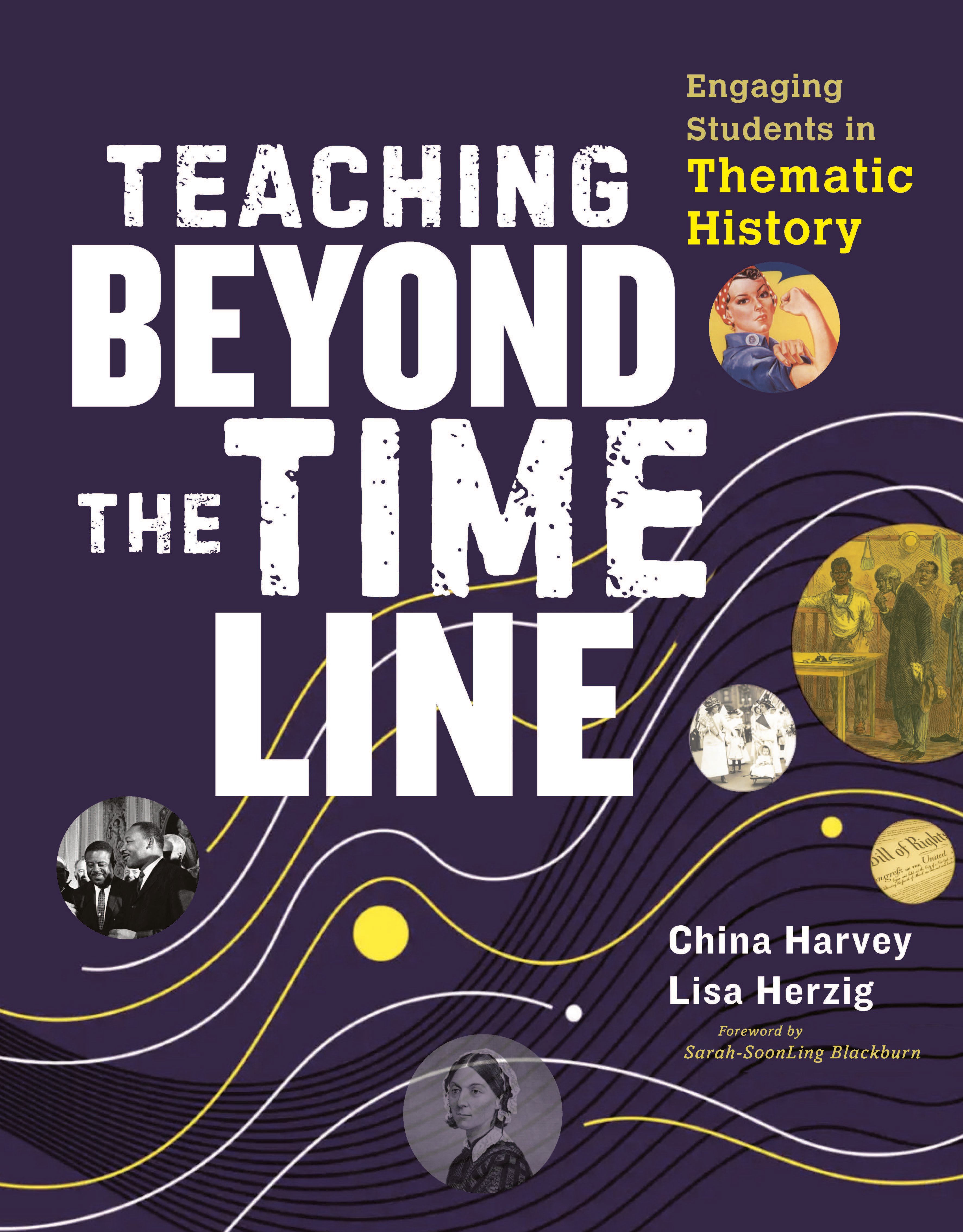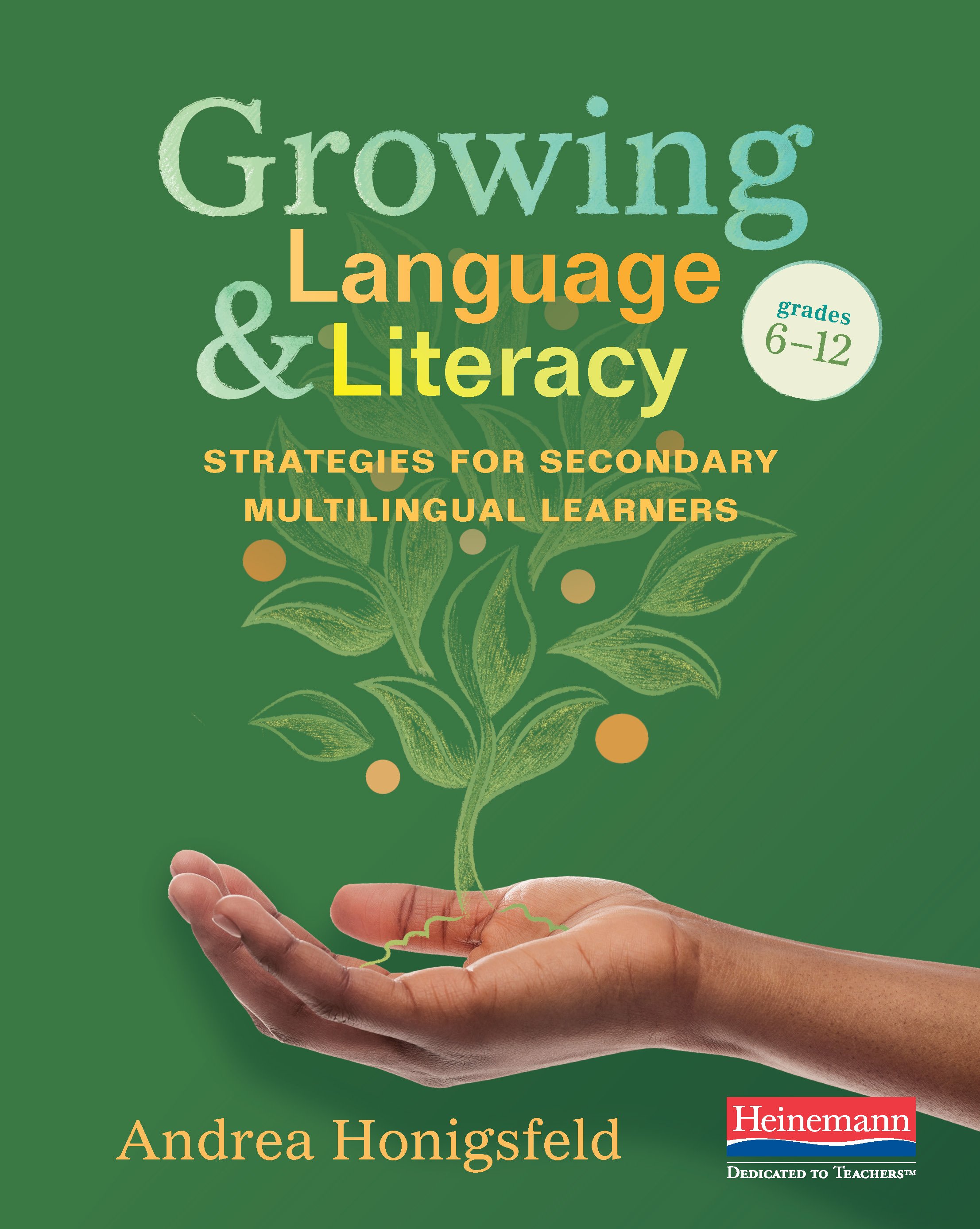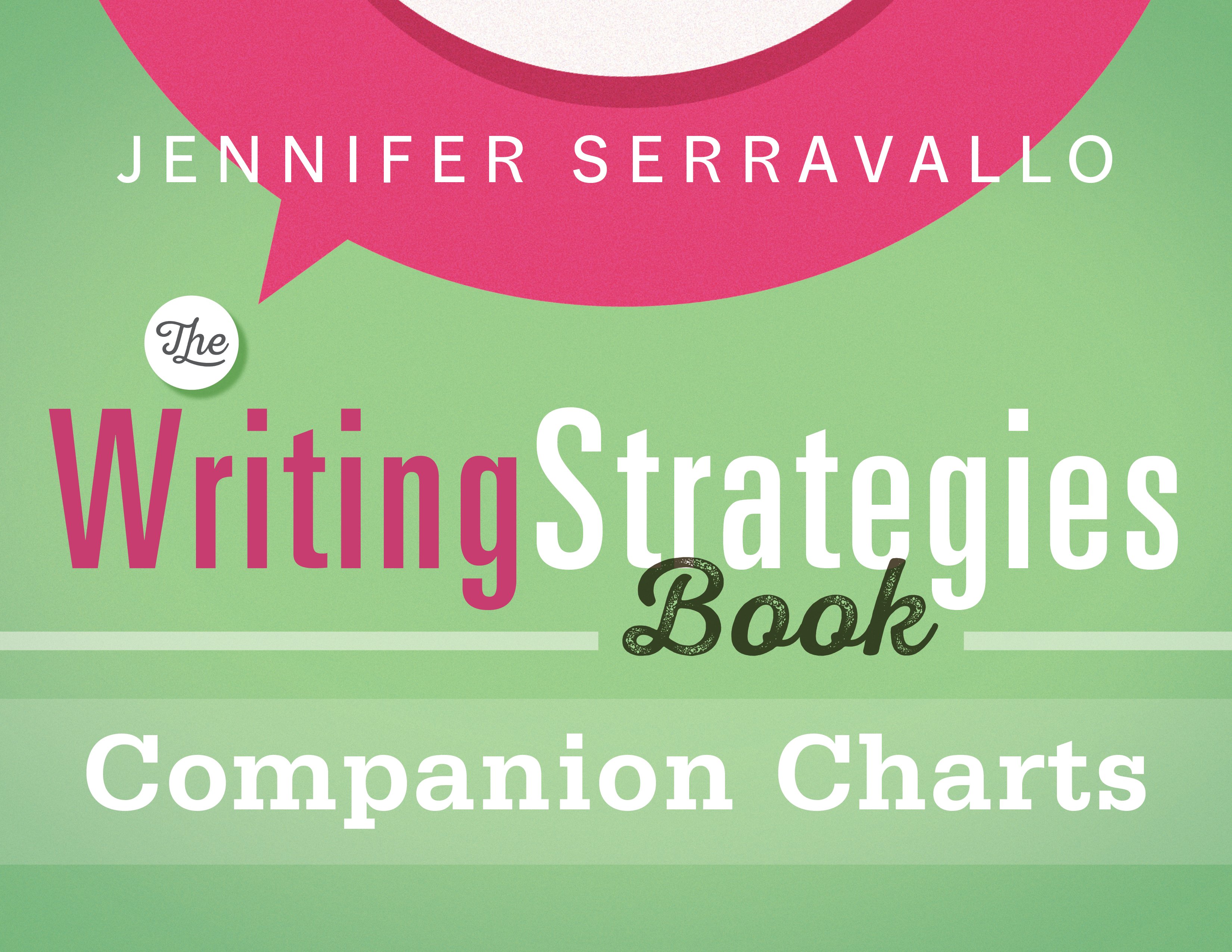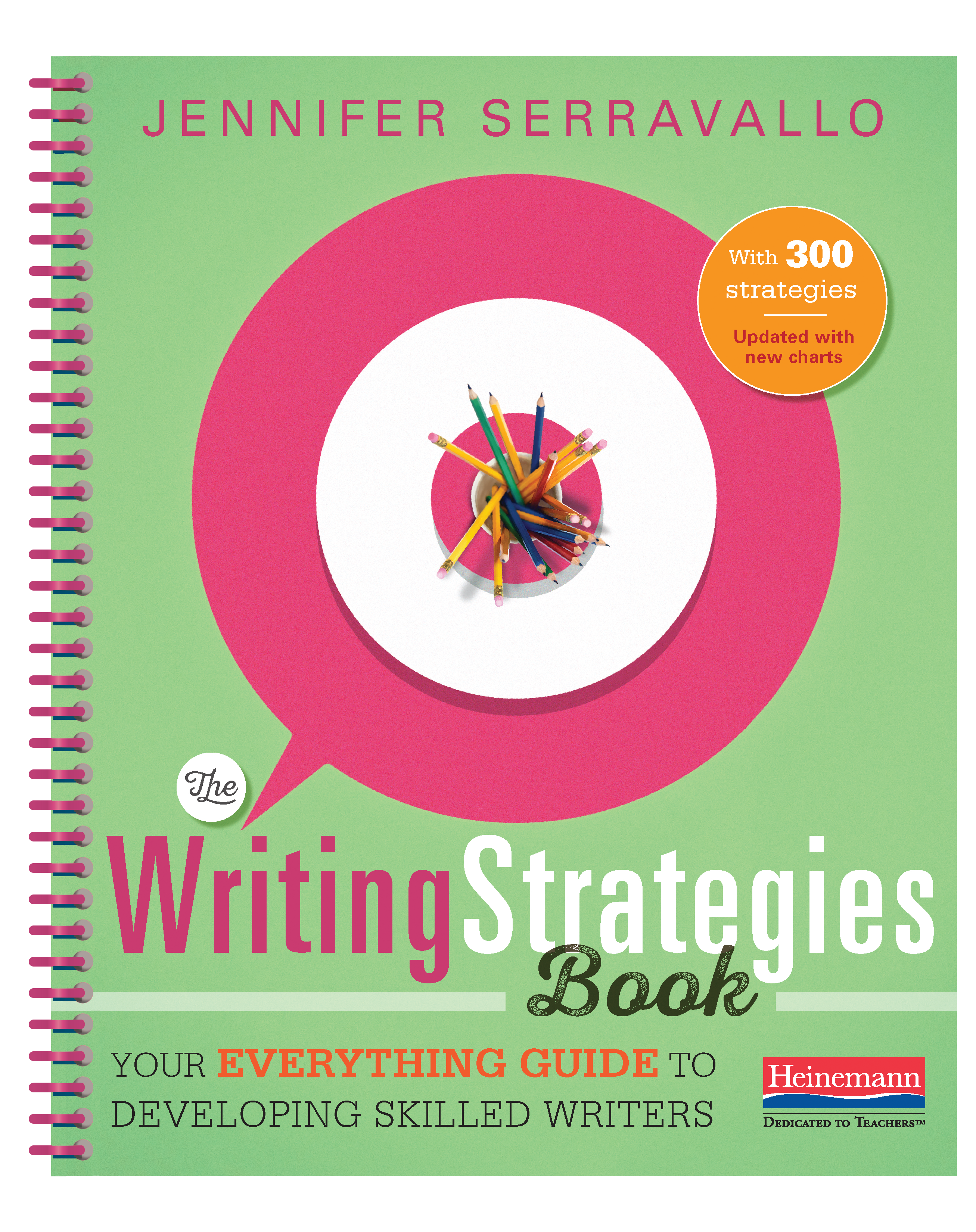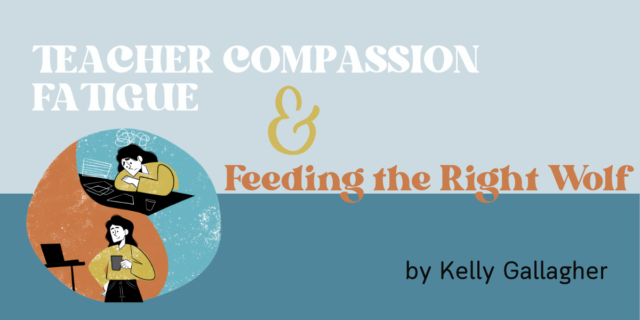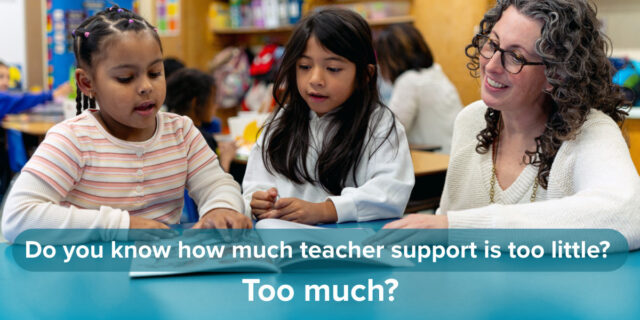
Take a look at the Heinemann professional books publishing in 2024. Check back regularly for updates on cover and author photos! For a list of professional books published in 2023, check out this post.
Last updated on October 21, 2024.
***
Spring
Teaching Beyond the Timeline: Engaging Students in Thematic History, by China Harvey and Lisa Herzig with Foreword by Sarah-SoonLing Blackburn
A more fundamental shift in the way we teach history needs to occur for our students to be truly engaged and see how U.S. history is relevant to their own lives. When students engage and see the relevance of events in the past, they think critically and learn to make meaningful connections, and create a more inclusive classroom. New Heinemann authors China Harvey and Lisa Herzig provide the theoretical framework, fundamentals of the approach, and an explicit curriculum development structure for designing and teaching history thematically in middle and high school. There are practical tools to guide teachers to design a thematic history course for their students that addresses student interests, teaches essential history content, and meets state standards.
Listen to China Harvey and Lisa Herzig discuss the power of teaching U.S. history thematically on the Heinemann podcast.
***
Awakening the Heart, Second Edition: Exploring Poetry in Elementary and Middle School, by Georgia Heard
How do we infuse poetry into our classrooms? This new edition of Awakening the Heart stands on the shoulders of the original edition as a roadmap for answering this question. It aims to keep the heart in teaching poetry and to help us realize that poems are so much more than a genre student or a way to analyze text for a reading test. Throughout the text, Georgia Heard threads the voices of young and well-known poets together to illustrate the power and joy of poetry. It offers useful tools, examples, and stories for teachers and instructors to translate into their own communities.
Listen to Georgia Heard on the Heinemann podcast talk about the importance of poetry and the new edition.
***
Humans Who Teach: A Guide for Centering Love, Justice, and Liberation in Schools, by Shamari Reid with Foreword by Bettina Love, Gholdy Muhammad, and Yolanda Sealey-Ruiz
Shamari Reid of the beloved Water for Teachers podcast series is back with his debut Heinemann novel. Humans Who Teach invites us to explore the complicated humanity of those who teach, with a focus on how we have been socialized as humans to accept the status quo, our very real human fears in disrupting the status quo, and how we can rely on our human capacity to love to engage in teaching for social justice even in the presence of fear. The book begins with guided personal explorations for readers and, over the course of the four main chapters, builds up to guidance for readers in disrupting the status quo in schools and centering love, justice, and equity.
Shamari recently spoke about this beautiful, anecdotal exploration of self-compassion in a demanding profession on the Heinemann podcast.
***
Growing Language and Literacy: Strategies for Secondary Multilingual Learners, Grades 6-12, by Andrea Honigsfeld
As secondary teachers, we want to help our multilingual students flourish academically and socially. Andrea Honigsfeld has tailored her bestselling Growing Language and Literacy K-8 to help us do just that. This new edition provides Grade 6-12 teachers with research-informed recommendations and concrete examples of what works with adolescent multilingual learners.
Andrea unpacks the five levels of language acquisition and introduces practical strategies that can be applied across grade levels and content areas to support adolescent multilingual learners.
With an emphasis on culturally and linguistically sustaining pedagogy, peer interaction, and scaffolding, Andrea offers evidence-based practices along with secondary student vignettes, teacher and student work samples, and authentic classroom examples to guide teachers on moving their multilingual learners from one stage of language acquisition to the next.
Andrea Honigsfeld and Alycia Owen discussed the new edition of the book on the Heinemann podcast.
***
The Writing Strategies Book Companion Charts, by Jennifer Serravallo
Jennifer Serravallo has created this clear and simple flip chart resource to use alongside The Writing Strategies Book based on the knowledge that visuals help learners remember what you teach and support their independence as they practice. In the companion charts, you'll find enlarged replicas of those in The Writing Strategies, a variety of types of charts, and fifty new visuals not in the book. This resource is meant to save you valuable planning and preparation time, make your demonstration of strategies easier, and become an important visual anchor students can refer to as they practice.
The Writing Strategies Book (Spiral): Your Everything Guide to Developing Skilled Writers
The Reading Strategies Book made the New York Times Best Seller List by making it simpler to match students’ needs to high-quality instruction. Now, in The Writing Strategies Book (Spiral), Jen Serravallo does the same, collecting 300 of the most effective strategies to share with writers, and grouping them beneath 10 crucial goals. This spiral book contains 350 charts, including 50 brand new charts. All 350 charts are enlarged and contained in the new Writing Strategies Book Companion Charts flipbook.
Also available as a bundle.
***
To Read Stuff You Have to Know Stuff: Helping Students Build and Use Prior Knowledge, by Kelly Gallagher
Reading is not an all-purpose muscle for any task—we do better when we have "prior knowledge" concerning what we are reading. Even "good" readers falter if they know little in advance about what they are reading. Even comprehension strategies—like making inference—work better if the reader knows something about the topic. In this book, Kelly Gallagher takes on the challenge of describing how ELA teachers can help students build this prior knowledge. Gallagher is already well-known for his "article of the week" strategy that has been used widely across the country. In this book he will describe various types of prior knowledge, how they can be enhanced, and how students can become more aware of how prior knowledge works in their reading processes. In short—"To Read Stuff, You Have to Know Stuff."
Listen to Kelly Gallagher discuss the new book on the Heinemann podcast.
***
Math Workshop 6-12: Five Steps to Implementing a Student-Centered Learning Environment, by Jennifer Lempp and Skip Tyler
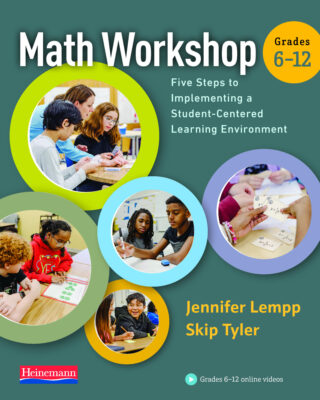
Math Workshop 6-12: Five Steps to Implementing a Student-Centered Learning Environment, by Jennifer Lempp and Skip Tyler, is an essential resource for any teacher, school, or district looking to shift or enhance how math is taught. During math workshop, supporting all levels of student thinking is purposeful and plentiful. In this book, the authors provide accessible steps—including lesson plan examples and templates—to successfully implement a math workshop model in any classroom for grades 6-12.
***
This book will introduce ten research-based instructional scaffolds to support multilingual learners’ language and literacy development. Lindsey Moses shares strategies from her research and collaboration with exemplary teachers that focuses on inclusive and supportive practice for multilingual learners. The book shares five instructional strategies for each research-based scaffold so that teachers have plenty of options. This book is grounded in three core principles: assets-based approaches to teaching and learning; language-oriented planning, instruction, and assessment; and meaningful interactive opportunities for authentic language use.
Critical Reading in the Age of Disinformation: 5 Questions for Any Text, by Marilyn Pryle
This book lays out a flexible, student-centered method for building students’ critical reading skills in grades 6-12. Marilyn Pryle gives teachers a daily routine to guide students to critically navigate the texts they encounter in class and beyond. Using five specific, transferrable questions, students learn to look beyond a text itself to see the influences around it—the voices and sponsors, the craft and rhetoric, the intent and message—and the text’s effect on them. With constant, low-stakes practice, and with space to take risks, students develop the habits of critical questioning, of weighing other perspectives, and of building their own informed opinions.
Youth Scribes: Teaching a Love of Writing Now, by R. Joseph Rodríguez

Students just want to write if they are invited and permitted to do so—by and with their teacher in conversation. In Youth Scribes: Teaching a Love of Writing Now, R. Joseph Rodríguez guides teachers to see students as scribes with diverse abilities, backgrounds, and interests, and then dialogue with adolescents to build their scribal identities and move them toward the process of writing as invitation to create, become, and belong.
